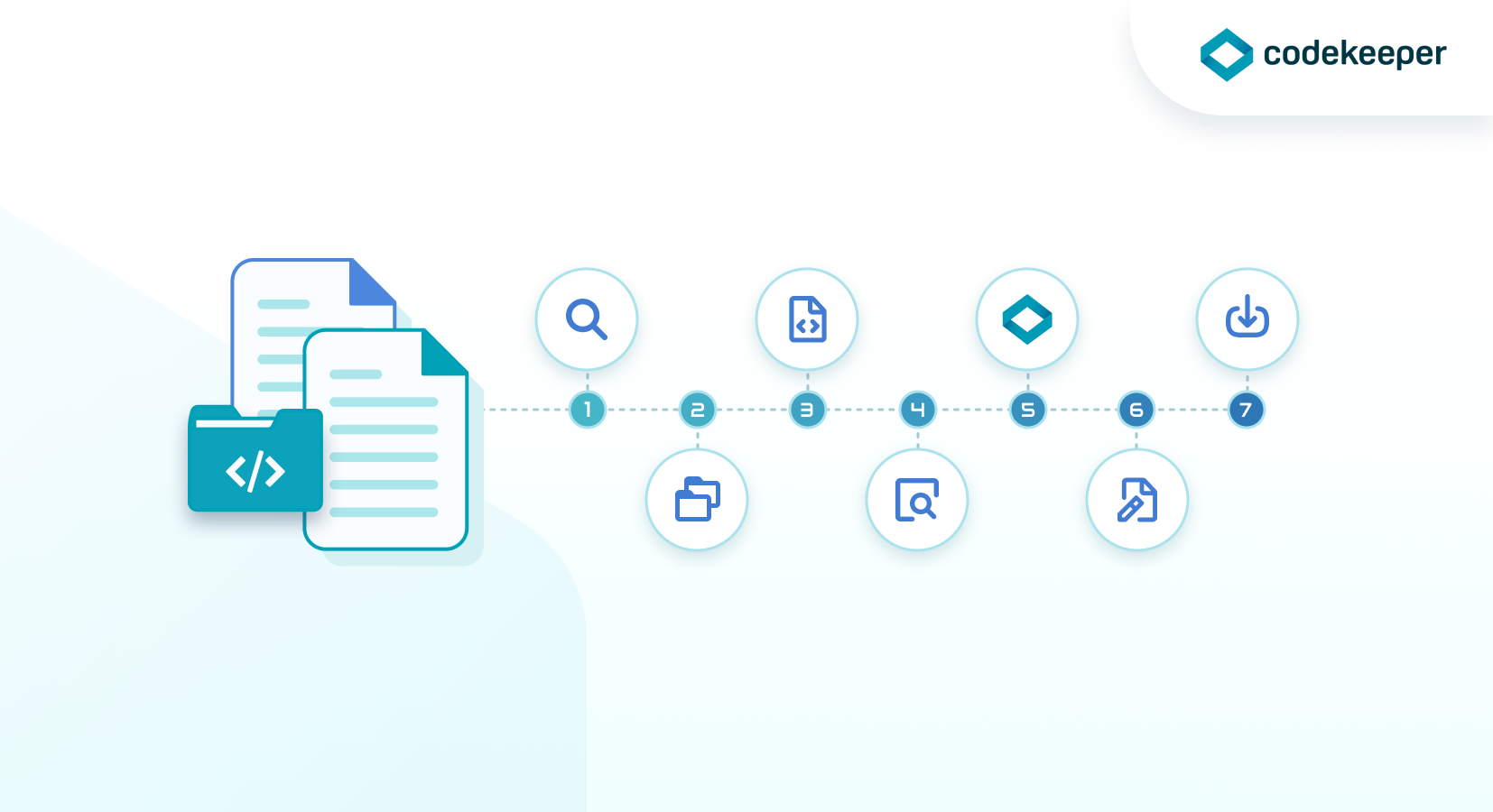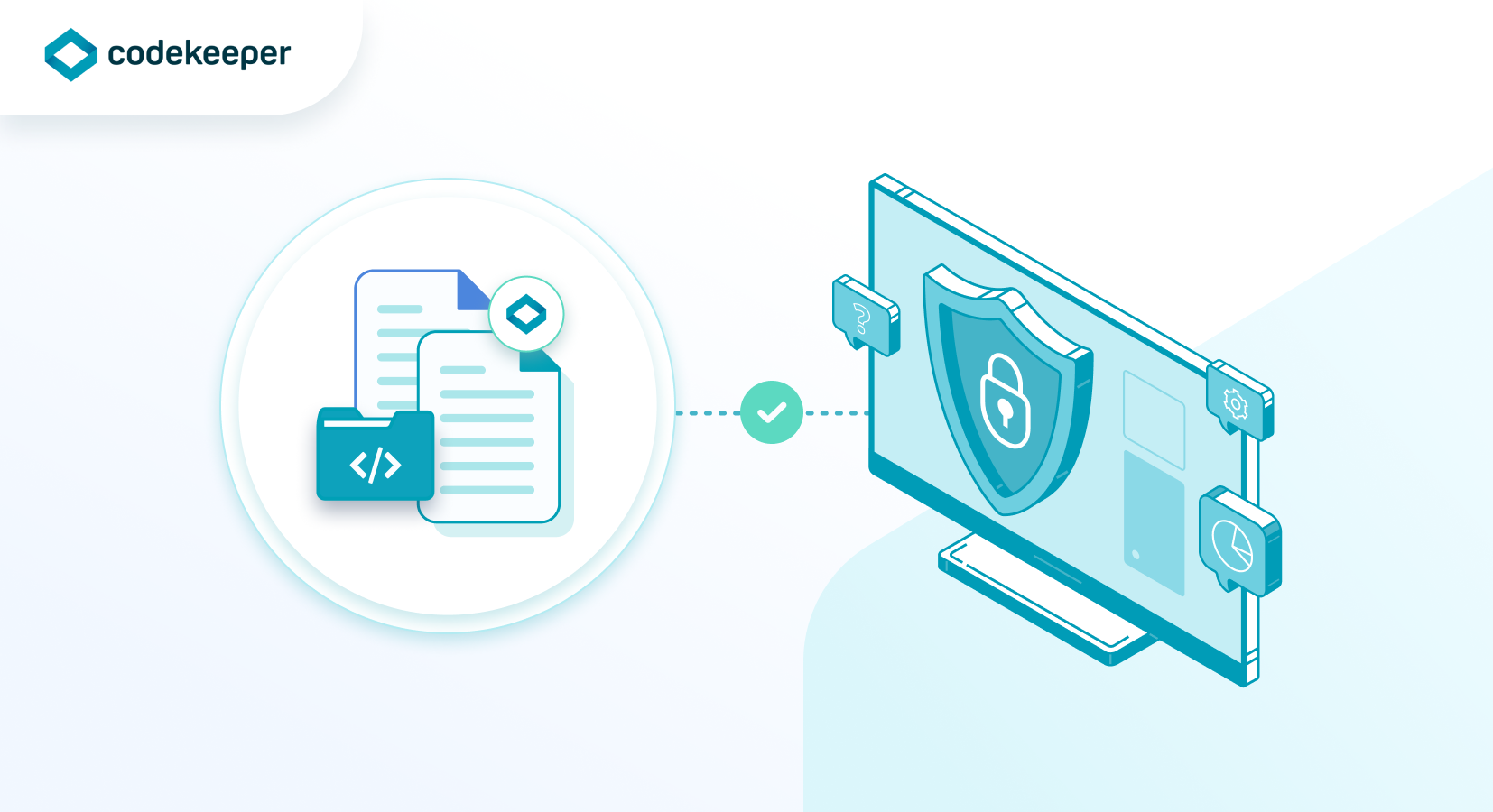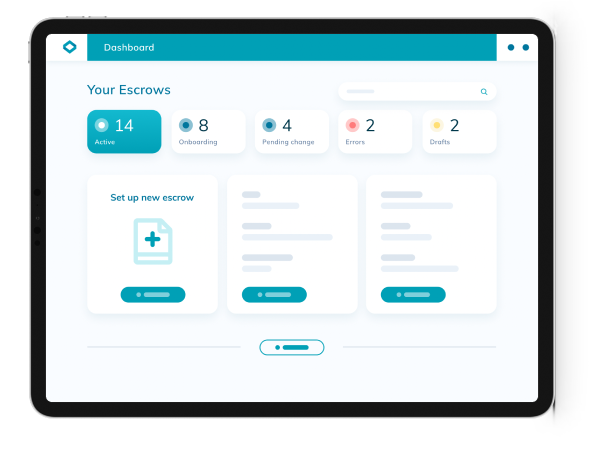Table of contents:
Are you thinking about outsourcing, but are concerned how effective or cost efficient it will be?? That’s understandable. Many managers and business owners struggle to decide whether outsourcing is the right choice for their company or not.
Fortunately, there are other companies that have already made their decision to outsource, and they can share their experiences with you.
This article takes a look at one company that saved over $50,000 by outsourcing part of their activities and talks about how you can get started on the same path towards greater savings and improved efficiency.
It’s no secret that in order to grow and reduce costs, companies need to be able to automate as many processes as possible. This is just as true for development processes as it is for other business processes.
For Ovia Health, their accounting department was getting stuck with manual tasks. They enlisted the help of an accounting automation solution called Bookkeeper, and the service costs them a fraction of what it would cost to employ full-time accounting personnel.
According to Ovia Health, the investment for new accounting software would have been about $50,000 for just the first year, plus the cost of hiring another bookkeeper to manage it.
You could realise the same kinds of savings by outsourcing development.







